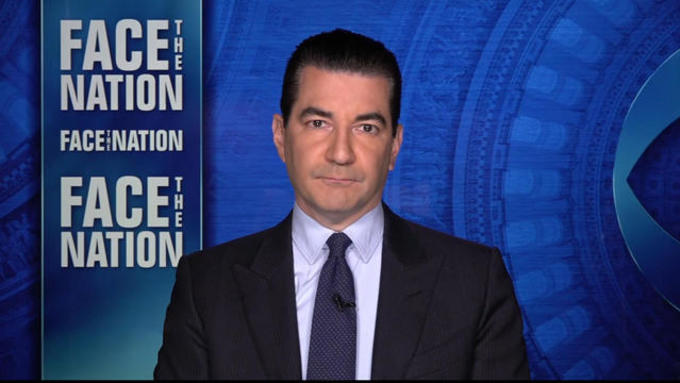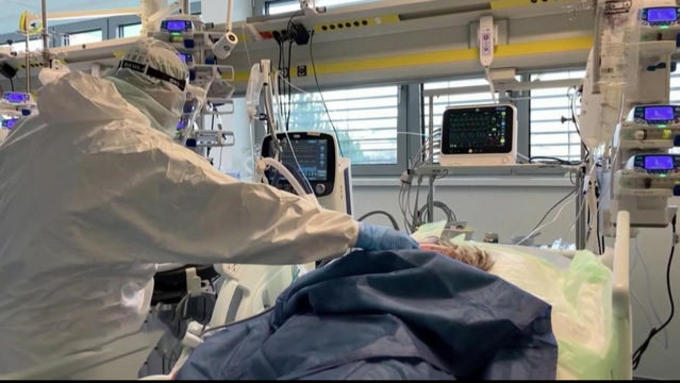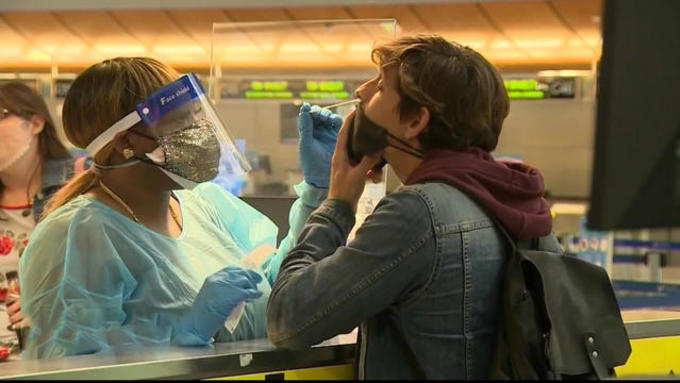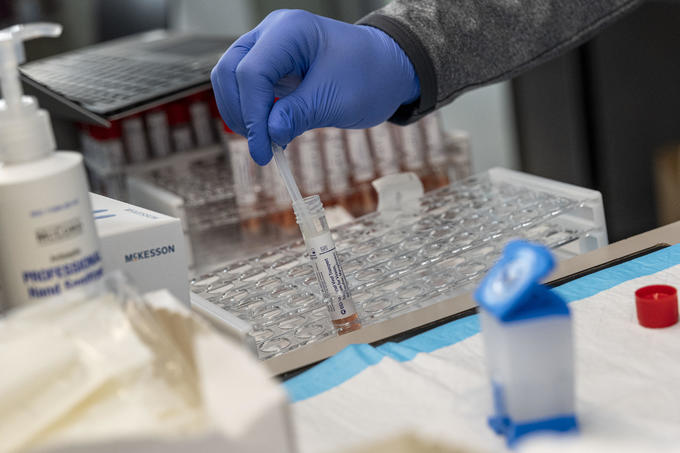| "Our argument is that people around the world who are most at risk need their first and second doses before others get more doses." - Dr. Maria Van Kerkhove on the World Health Organization's position on COVID-19 booster shots.
Welcome to the "Face the Nation" Five at Five newsletter. Scroll down for your five takeaways from today's broadcast of "Face the Nation with Margaret Brennan" on CBS. Did someone forward you this? Sign-up at cbsnews.com/email. 1. Bob Dole, World War II veteran, senator and presidential nominee, has died at 98  Former Senate Majority Leader Bob Dole, the World War II veteran who Republicans hoped would oust President Bill Clinton from the White House in 1996, has died, the Elizabeth Dole Foundation said Sunday. He was 98. He had been diagnosed with stage 4 lung cancer in February. The Elizabeth Dole Foundation said Dole died early Sunday morning in his sleep. When Dole became the Republican presidential nominee in 1996, it was the high point of more than a half-century in the national spotlight as a congressman, senator, vice-presidential candidate, two-time presidential candidate, national chair of the Republican Party and longtime leader of Senate Republicans. 2. Gottlieb says WHO could be playing a role in "global leadership" in getting vaccines around the world  Dr. Scott Gottlieb, the former head of the Food and Drug Administration, said Sunday on "Face the Nation" that the World Health Organization could be playing a role in "global leadership" in getting the COVID-19 vaccines administered around the world. What Gottlieb said: "We have to do the hard work of getting the infrastructure on the ground. It also includes getting sophisticated technology into some of these regions, like the cold chain storage that's required. I think this is where the WHO could be providing more global leadership. It's largely a political body. It's not on the ground. We need to do some kind of heavy-lift capability to get resources into some of these countries, so they have the logistical capacity to distribute these vaccines." Why it matters: Gottlieb said there is ample supply of COVID-19 vaccines currently available, but he acknowledged that with the emergence of the Omicron variant, boosters will be at a premium. 3. COVID cases on the rise worldwide as Omicron variant spreads  CBS News senior foreign correspondent Elizabeth Palmer reports from Seoul, South Korea, on the global impacts of COVID-19. 4. U.S. braces for impact as Omicron found in at least 16 states  CBS News senior national correspondent Mark Strassmann reports on the ongoing impacts of the coronavirus pandemic in the United States. 5. "Five at Five" exclusive: We asked a former CDC director about the Omicron variant. Here's what he said. 
Should we anticipate more variants after Omicron? Will this just be a part of our daily life living with COVID-19 strains?
Dr. Richard Besser: No one is entirely safe from COVID-19 until everyone is safe from COVID-19. Until COVID-19 transmission is under control everywhere -- and unless and until vaccines are available and easily accessible for everyone around the globe -- we can expect COVID-19 to continue to freely circulate, which will lead to additional new variants. A new strain that can elude our immune protection puts everybody at risk -- even people who have been vaccinated or those who have had prior infection. Omicron may or may not turn out to be that kind of strain, but even if it isn't, a future strain that does so is entirely possible. While new variants could easily emerge in the United States, both Omicron and Delta originated outside our borders, and both swiftly found their way here. Walls and travel restrictions may slow the entry of a new virus for a short time, but they cannot prevent it. The world must treat this moment as a serious wake-up call when it comes to global vaccine equity. In the U.S., we are fortunate to have the means to provide vaccines and boosters to our entire eligible population. Other nations simply do not have the resources to do so, yet wealthy nations continue to hoard vaccines: The latest numbers show that approximately three-quarters of vaccines administered worldwide have been in high- and upper-middle-income countries. Nearly half of the world's population remains unvaccinated. In Africa, population 1.4 billion, nearly 90% of the continent's population has yet to receive a single shot. As long as these types of inequities continue, new variants will have far too much time and space to spread and flourish. There is a moral, economic and health imperative for the United States to redouble our own efforts and galvanize efforts by other nations to help vaccinate the world. It is a matter of equity that the world must not continue to ignore. |
Post a Comment
0Comments